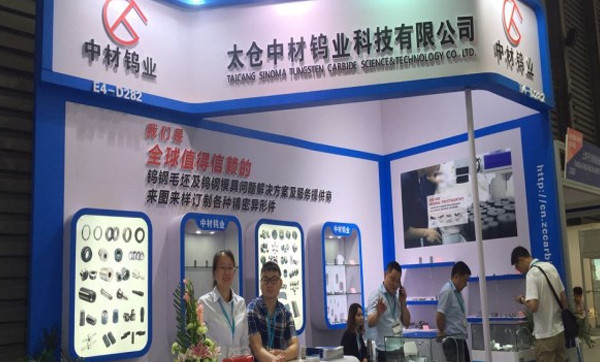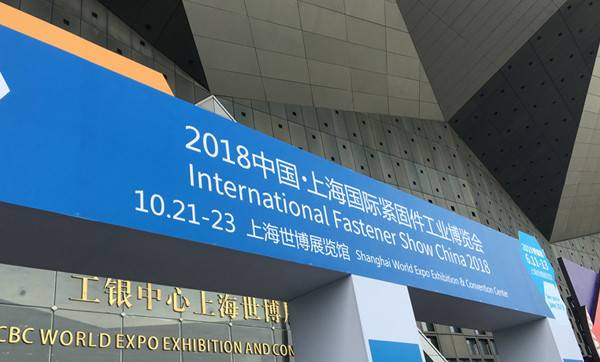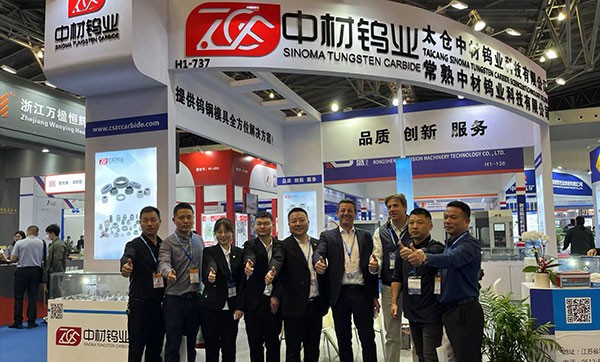One of the most notable properties of tungsten carbide is its exceptional hardness. On the Mohs scale, it ranks just below diamond, making it significantly harder than most metals and alloys. This unparalleled hardness translates into superior wear resistance, which is crucial for applications involving high abrasion and heavy wear. For instance, cutting tools made from tungsten carbide maintain their edge longer and perform more efficiently compared to those made from steel, reducing downtime and increasing productivity.
Tungsten carbide boasts an incredibly high melting point of around 2,870°C (5,198°F), far exceeding that of steel and other common metals. This makes it an excellent material for applications that involve extreme temperatures. In industries such as aerospace and automotive, components made from tungsten carbide can withstand high thermal stresses without deforming, thereby ensuring reliability and longevity in high-temperature environments.
Despite its hardness, tungsten carbide is also remarkably tough and resistant to impact. Its high compressive strength makes it ideal for applications where mechanical stress is a concern. For example, in the mining and drilling industries, tungsten carbide is used in drill bits and cutting tools that must endure significant force and impact without breaking or chipping.
Tungsten carbide exhibits excellent resistance to corrosion and oxidation, making it suitable for use in harsh chemical environments. This property is particularly valuable in industries like oil and gas, where exposure to corrosive substances is common. Components made from tungsten carbide maintain their integrity and performance over time, reducing the need for frequent replacements and maintenance.
The versatility of tungsten carbide extends across a wide range of applications. In the manufacturing sector, it is used in the production of wear parts, dies, and punches. In the medical field, tungsten carbide instruments offer precision and longevity. Its applications also span jewelry, where its hardness and lustrous appearance make it a popular choice for wedding bands and other accessories.
While tungsten carbide may have a higher initial cost compared to some traditional materials, its long-term cost-effectiveness is undeniable. The extended lifespan of tungsten carbide components reduces the frequency of replacements and maintenance, leading to lower operational costs over time. This makes it an economically advantageous choice for industries focused on long-term sustainability and efficiency.
The durability and longevity of tungsten carbide also contribute to environmental sustainability. By reducing the need for frequent replacements, it helps decrease material waste and the environmental impact associated with manufacturing and disposal processes. Additionally, the recyclability of tungsten carbide further enhances its eco-friendly profile.
Tungsten carbide’s unique combination of hardness, strength, thermal stability, corrosion resistance, and versatility makes it a superior alternative to many traditional materials. Its adoption across various industries is driven by the need for reliable, durable, and cost-effective solutions in demanding applications. As technology advances and the requirements for high-performance materials continue to grow, tungsten carbide is poised to play an increasingly prominent role in shaping the future of industrial innovation and efficiency.




